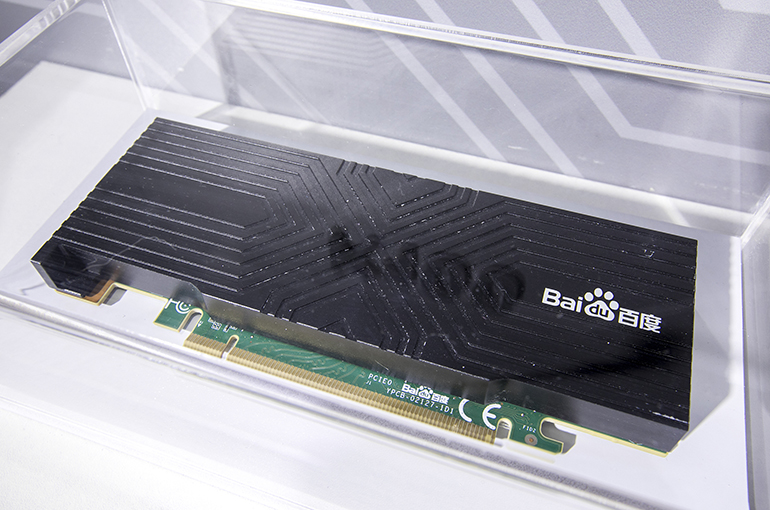Select Language:
On November 13, the company announced plans to introduce its next-generation AI chip, the Kunlun M100, in the upcoming year, emphasizing enhancements in performance. Additionally, the executive vice president revealed ambitions to launch an even more advanced M300 chip by 2027, designed to optimize training and inference tasks.
The company’s self-developed Kunlun P800 AI chip now manages the majority of its inference workloads, according to Shen Dou, who is also president of the AI Cloud Group. A cluster of 5,000 cards utilizing P800 chips has successfully trained a multimodal AI model. The company is in the process of expanding this cluster to over 10,000 cards to facilitate the training of larger models.
Beyond internal applications, these Kunlun chips are already deployed across various industries including online finance, energy production, transportation, and education. The Beijing-based firm serves hundreds of real-world clients, among them well-known entities like China Merchants Bank, China Southern Power Grid, Geely Automobile Holdings, and Vivo. The company’s lineup also includes a major internet firm and a leading telecom provider.
In August, the company’s AI servers powered by Kunlun chips secured a contract through a major procurement initiative led by China Mobile, marking a significant milestone in the adoption of domestically-produced AI chips within large-scale infrastructure projects.
The company started developing its own chips in 2011. In 2021, the chip division was spun off into an independent company, Kunlunxin (Beijing) Technology, which completed its first round of funding. The parent company holds approximately 59.45% ownership stake, according to business registry data.
The company’s stock on the Hong Kong exchange saw an intra-day increase of up to 3.5%, though it closed slightly down at HKD126.20 (USD16.20).
Reported by: Tang Shihua and Kim Taylor






